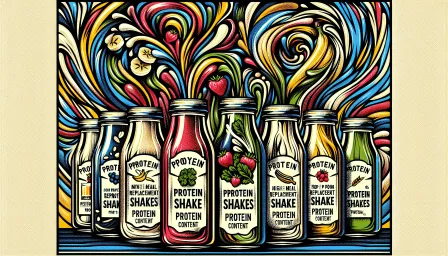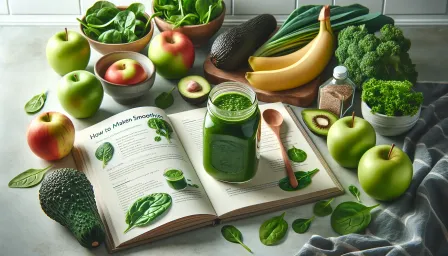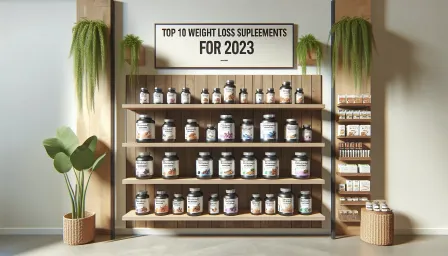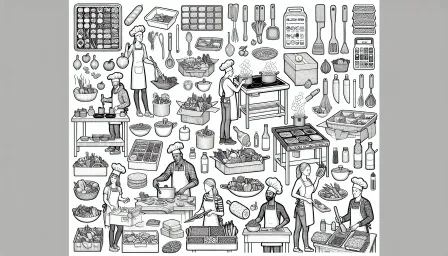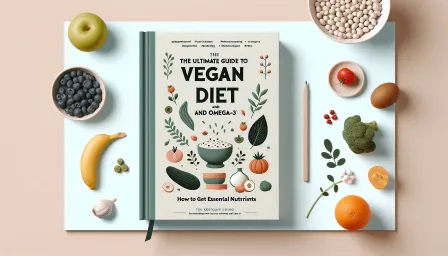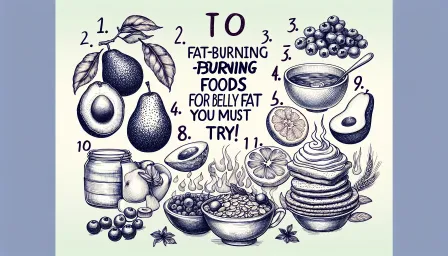How a Vegan Diet Can Lower Your Cholesterol Naturally

Discover how a vegan diet can help lower your cholesterol naturally. Learn the science behind it and practical tips to start benefiting today.
Cholesterol, a type of fat found in your blood, plays a crucial role in maintaining cell structures and producing hormones. However, having too much of the wrong kind of cholesterol can lead to serious health issues like heart disease and stroke. One effective way to manage your cholesterol levels is through dietary changes. This article explores how adopting a vegan diet can naturally lower your cholesterol and improve your overall health.
What is Cholesterol?
Cholesterol is a waxy, fat-like substance present in every cell of the body. It is essential for building cell membranes, producing certain hormones, and manufacturing vitamin D. Cholesterol travels through the bloodstream in packages called lipoproteins, which are made up of fat on the inside and proteins on the outside.
Types of Cholesterol
- Low-Density Lipoprotein (LDL): Often referred to as "bad" cholesterol, high levels of LDL can lead to the buildup of plaque in your arteries.
- High-Density Lipoprotein (HDL): Known as "good" cholesterol, HDL helps remove LDL from the bloodstream, transporting it to the liver for removal.
How a Vegan Diet Affects Cholesterol Levels
Shifting to a vegan diet, which excludes all animal products, can have a profound impact on your cholesterol levels. Here are the mechanisms by which a vegan diet helps lower cholesterol:
Reduction in Saturated Fats
Saturated fats, predominantly found in animal products like meat, butter, and cheese, can increase LDL cholesterol levels. By eliminating these from your diet and substituting them with plant-based foods, you naturally reduce your intake of saturated fats, leading to lower LDL levels.
Increased Fiber Intake
Plant-based diets are typically high in dietary fiber, found in fruits, vegetables, whole grains, and legumes. Soluble fiber, in particular, binds to cholesterol in the digestive system, helping to remove it from the body. Studies have shown that increasing soluble fiber intake can lower LDL cholesterol levels by 5 to 10%.
Rich in Antioxidants and Phytochemicals
Fruits, vegetables, nuts, and seeds are loaded with antioxidants and phytochemicals, which help combat inflammation and oxidative stress. These compounds can prevent the oxidation of LDL cholesterol, reducing the risk of it forming plaques in the arteries.
Key Components of a Cholesterol-Lowering Vegan Diet
To maximize the cholesterol-lowering benefits of a vegan diet, focus on including the following components:
Fruits and Vegetables
Fruits and vegetables are low in calories and high in vitamins, minerals, and fiber. Aim to fill half your plate with a variety of colorful fruits and vegetables to reap the most benefits.
Whole Grains
Whole grains such as oats, brown rice, quinoa, and barley are excellent sources of soluble fiber and can contribute to lowering cholesterol levels. Choose whole grains over refined grains for the best health outcomes.
Legumes
Legumes, including beans, lentils, and peas, are rich in fiber, protein, and a variety of essential nutrients. Regularly incorporating legumes into your diet can significantly improve your cholesterol profile.
Nuts and Seeds
Nuts and seeds are high in unsaturated fats, which can help lower LDL cholesterol and raise HDL cholesterol levels. Include a small handful of almonds, walnuts, flaxseeds, or chia seeds in your diet daily for optimal heart health.
Practical Tips for Transitioning to a Vegan Diet
Making the switch to a vegan diet might seem daunting, but with these practical tips, you can make the transition smoother:
Start Gradually
Begin by incorporating more plant-based meals into your diet gradually. Replace animal-based meals with vegan alternatives a couple of times a week to ease into the change.
Explore New Foods
Experiment with a variety of plant-based foods to discover what you enjoy. Try new recipes and cooking methods to keep your meals exciting and flavorful.
Plan Your Meals
Planning your meals ahead of time can help you stay on track and ensure you are getting a balanced diet. Make a weekly meal plan and grocery list to simplify your shopping and meal preparation.
Focus on Nutrient-Dense Foods
Ensure your vegan diet is well-rounded and nutrient-dense by including a variety of fruits, vegetables, whole grains, legumes, nuts, and seeds. Consider taking a vitamin B12 supplement, as this nutrient is typically found in animal products.
Conclusion
Transitioning to a vegan diet can be a powerful tool to naturally lower your cholesterol levels and improve your overall health. By reducing your intake of saturated fats, increasing dietary fiber, and incorporating a variety of plant-based foods rich in antioxidants and phytochemicals, you can significantly enhance your heart health. Remember to start gradually, explore new foods, plan your meals, and focus on nutrient-dense options. Embrace the journey towards a heart-healthy vegan lifestyle and enjoy the benefits it brings.




